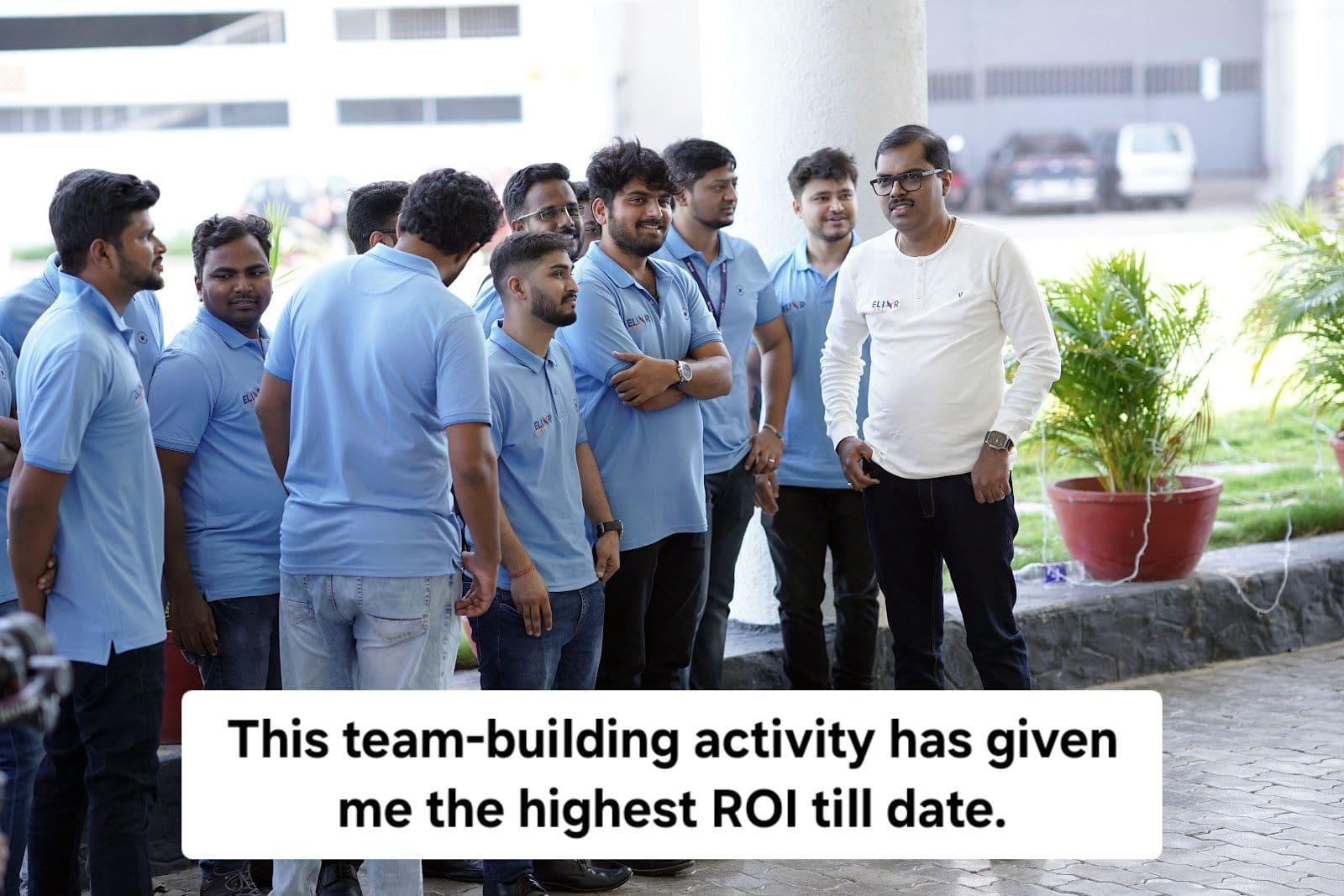
Leadership isn’t just about finishing tasks, hitting goals, or having a big title. It’s about making a difference that lasts even after you're gone. Imagine being a leader people admire, and whose actions still affect others even when you're no longer around. Real leadership isn’t about quick wins or getting awards, it’s about building something important that lasts.
Great leaders focus on creating a strong base that helps others succeed, and they set their team or company up for long-term success. They inspire people to do their best, turning simple actions into big achievements. Want to know what makes these leaders special? Let’s look at five traits that help leaders create a lasting impact—traits that inspire, help others grow, and stay important over time.
1. Prioritizing Organizational Success Over Personal Interests
Great leaders know that their job is to help the organization, not just focus on themselves. They always put the organization’s long-term success first, even if it means giving up their personal goals. This makes the organization’s mission and goals the most important thing.
For example, leaders who think this way are willing to make hard choices that help the whole company, not just make themselves look good. They focus on helping the company grow in a way that lasts, even after they leave. This attitude builds trust and loyalty because employees can see that their leader cares about the bigger picture.
Tip: Think carefully about your decisions and ask, “Will this benefit the organization?” Putting the team first leaves a lasting, positive impact.
2. Combining Modesty with Fierce Determination
The best leaders are both humble and determined. They stay down-to-earth and don’t show off or act like they’re better than others. But when it’s time to reach their goals, they work hard and never give up.
These leaders don’t get scared by problems or failures. Instead, they face challenges calmly and encourage their team to stay focused and motivated. Their strong will to finish the job makes sure they do everything possible to achieve the best results.
Tip: Listen carefully to your team and praise them for their hard work. Also, show your determination by setting clear goals and working hard to reach them, even when things get tough.
3. Planning for the Organization’s Future
Great leaders plan for the future to ensure the organization can continue to grow and succeed without them. They focus on building strong systems, teams, and strategies that will last long after they’re gone. They work on creating systems, processes, and a strong culture that helps the organization succeed even without them.
These leaders think ahead by teaching and guiding future leaders, spotting possible problems, and getting the organization ready for changes. By building a strong base, they make sure their work keeps helping the organization even after they leave.
Tip: Look for people in your organization who show promise and spend time helping them grow. Encourage new ideas and be flexible to make sure the company is ready for the future.
4. Sharing Credit and Staying Out of the Spotlight
Great leaders don’t try to be the centre of attention. Instead, they celebrate their team’s achievements. They know that success is usually the result of everyone working together, not just one person.
Great leaders give credit to their team, not just themselves. This makes everyone feel valued and builds respect among the team.
Tip: Always make sure to praise your team’s hard work in front of others. You can do this in team meetings, emails, or on social media so they get the recognition they deserve.
5. Taking Responsibility Without Shifting Blame
When things go wrong—and they will sometimes—great leaders take responsibility. They don’t blame others or make excuses. Instead, they figure out what happened, learn from it, and make sure it doesn’t happen again.
A leader who admits mistakes earns the respect of their team and creates a culture of openness. This helps everyone see mistakes as chances to grow, building trust and responsibility across the organization.
Tip: When things go wrong, talk openly about what happened and how you plan to fix it. Use these moments to teach both yourself and your team.
Great leaders think about the future. They work for the success of the organization, not just for themselves. They stay humble, put in the effort, and plan ahead to ensure everything runs well after they leave.
They praise their team for accomplishments and take accountability when things don’t go as planned. Challenges are seen as learning opportunities, creating a culture of trust, respect, and motivation. Leadership is about helping others succeed and building something that lasts.
Which of these leadership traits do you believe would have the most lasting impact in your organization, and how can you start incorporating them into your own leadership style?

The #1 Leadership Challenge I Faced as a Leader: Building My Succession

How Asking for Help Strengthens Your Leadership Skills?

The Role of AI in Healthcare: Transforming the Future of Medicine
